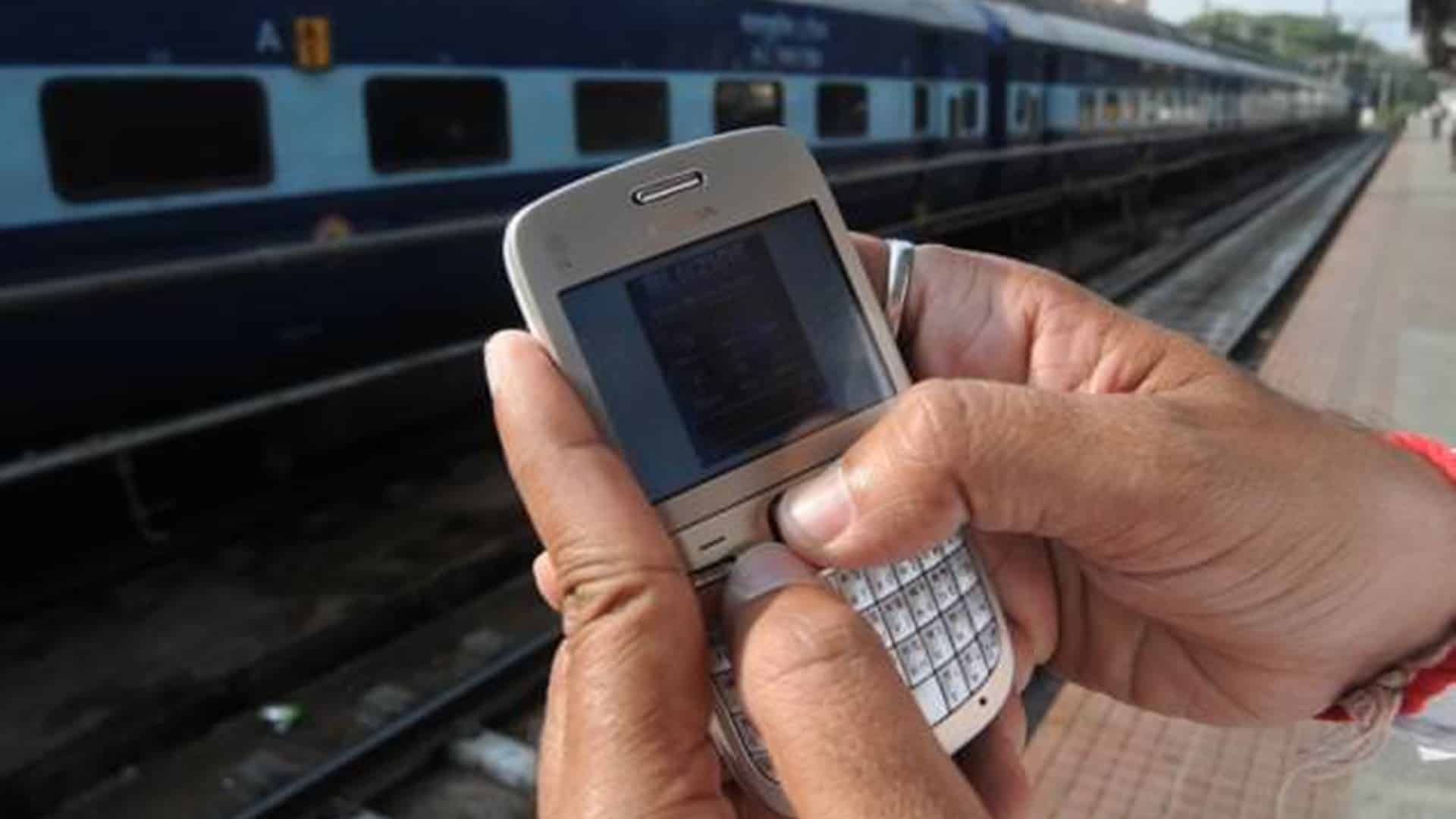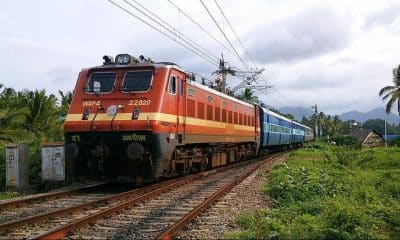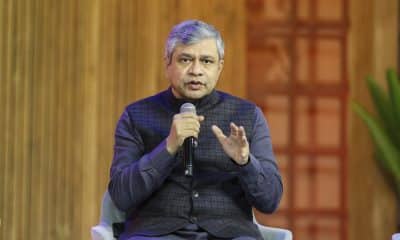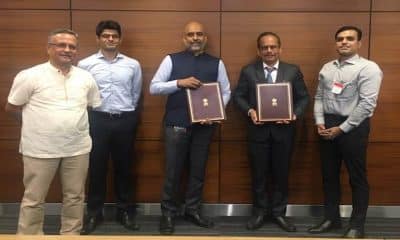Business
In pandemic-hit 2020-21, Railways earned Rs 511 crore from dynamic fares
The Indian Railways raked in Rs 511 crore from dynamic fares on tickets in last fiscal (2020-21) even as much of its operations remained suspended throughout the year. The national carrier also earned Rs 403 crore from tatkal ticket charges in additional to Rs 119 crore from premium tatkal tickets, revealed an RTI reply.
While Tatkal facility is for last minute travellers who avail these services mostly for emergency travel by paying premium charges.
,under dynamic pricing base fares increase by 10% with every 10% of berths sold subject to a prescribed ceiling limit.
In a reply to a RTI filed by Madhya Pradesh-based Chandra Shekhar Gaur, the Railways said that it earned Rs 240 crore from dynamic fares, Rs 353 crore from tatkal tickets and Rs 89 crore from premium tatkal charges in the financial year 2021-22 till September.
In the 2019-20 financial year, when there were no restrictions in train operations, the national transporter earned Rs 1,313 crore from dynamic fares, Rs 1,669 from tatkal tickets and Rs 603 crore from premium tatkal tickets.
The data from the railway ministry comes a month after a Parliamentary Standing Committee on Railways remarked that the charges levied on tatkal tickets are “a little unjustifiable” and put a huge burden particularly on those passengers who are financially weak and are forced to travel in urgency to meet their kith and kin or so for a very short distance also.
The committee desired that the ministry devise measures for a pro rata fare for distance travelled.
Tatkal ticket charges have been fixed as a percentage of fare at the rate of 10 per cent of basic fare for second class and 30 per cent of basic fare for all other classes subject to minimum and maximum.
Under the premium version, which was introduced in 2014 in select trains, 50 per cent of tatkal quota tickets are sold using the dynamic fare system.
Also Read: Yellow alert in Delhi: schools shut, 50% office limit, metro to run at 50% capacity
The committee also said that flexi or dynamic pricing appeared to be “somewhat discriminatory” given the facts that fares of Rajdhanis, Shatabdis and Durontos are already higher as compared to other mail and express trains and are almost at par and at some instances higher than those of budget airlines.
Data also shows that over 52 lakh people who were on wait list after finalisation of seat reservation charts could not travel by trains in the first six months of the current fiscal.
(with PTI inputs)












































